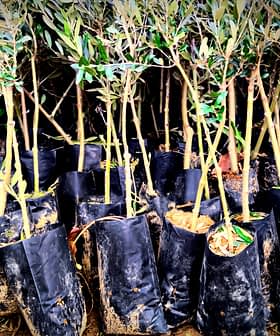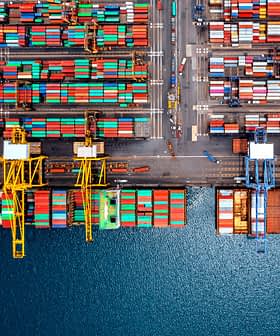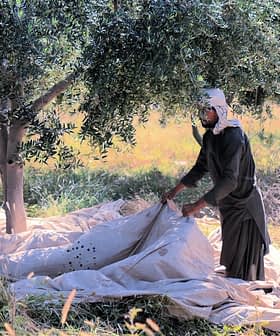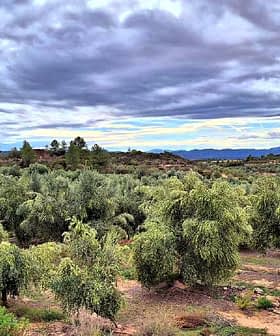Georgia Hosts Annual Olive Council Meetings for First Time

Georgia, a member of the International Olive Council since 2019, will host the 57th Advisory Committee meeting and the 114th session of the IOC Council in Tbilisi on November 24 and 25, respectively. The country’s olive sector has seen growth since joining the IOC, with plans to expand production and boost olive grove acreage.
Two years after its ascension to the International Olive Council (IOC), Georgia will host two of the intergovernmental organization’s main annual events.
On November 24, the 57th meeting of the Advisory Committee will take place in Tbilisi, the country’s capital city, followed by the 114th session of the IOC Council the next day.
Already, various IOC committees are meeting the Executive Secretariat by videoconference. The committees are in charge of analyzing and exploring issues related to administrative and financial affairs, economics and promotion, the olive oil observatory, standardization and research and technology and environment.
See Also:Uzbekistan Joins Olive CouncilOn November 26, which also marks the two-year anniversary of the inauguration of World Olive Day, IOC officials will join their Georgian counterparts in the presidential palace to hear from a range of different speakers.
Among them will be Gabriel Vigil, who oversees the olive oil sector at the European Commission; Joseph R. Profaci, the executive director of the North American Olive Oil Association and Juan Vilar, a strategic consultant for the olive sector.
IOC officials and Georgian delegates also will visit local olive groves in Kakheti, the easternmost region of the country with a long history of wine production, to see the progress that has been made by farmers since Georgia joined the IOC in 2019.
According to data from Juan Vilar Strategic Consultants, Georgia produces about 900 tons of olive oil each year and 500 tons of table olives, almost all of which is consumed domestically.
Georgia boasts about 2,500 hectares of olive groves, most of which are located in the southwest of the country. Of these, 60 percent are planted at high-density and 40 percent at super-high-density.
During the 112th session of the IOC Council in November 2020, Georgia announced plans to grow 40 new hectares of olive groves with technical help from the IOC to “significantly boost olive production.”
“Georgia enjoys being a family member of the IOC since 2019 and has embraced the opportunity as an unprecedented alternative for developing the olive sector,” Georgian Minister of Environment Protection and Agriculture Levan Davitashvili told the session.
Daniel Dawson contributed to this report.









